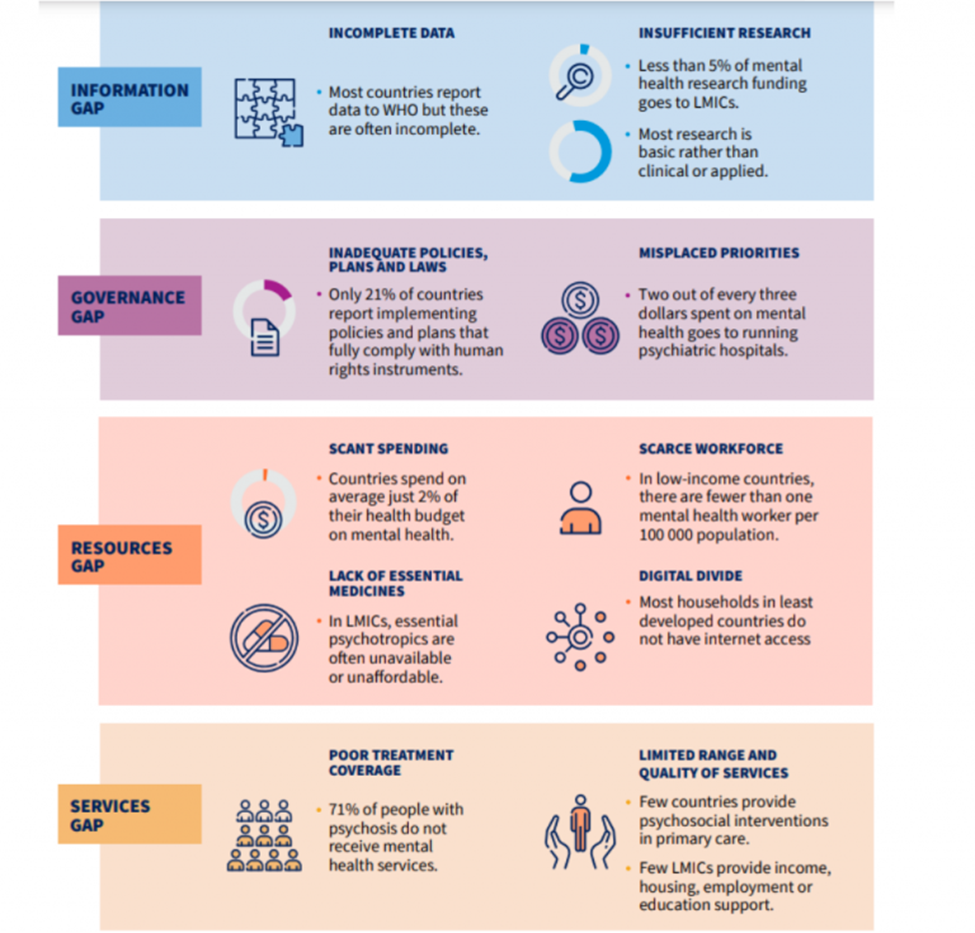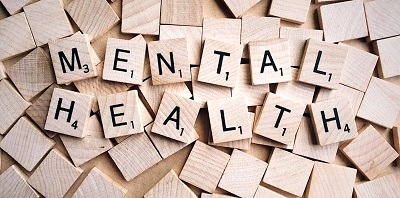Context
This year's World Mental Health Day, celebrated recently, focuses on the theme of 'mental health as a universal human right.' One frequently disregarded group in discussions about mental health is informal workers.
Unorganised/Informal sector in India
India's informal sector constitutes a substantial portion of its labor force, with 80% engaged in informal employment compared to the formal sector's 20%. Within this informal sector, half work in agriculture, and the rest are employed in non-agricultural fields. Despite their significant contribution to the national income, informal workers face continuous exposure to economic, physical, and mental vulnerabilities.
Correlation of Employment & Mental Health
Decent work positively influences mental health, but unemployment, unstable employment, workplace discrimination, and unsafe working environments can jeopardize mental well-being. Workers in low-paid, insecure jobs are more susceptible to psychosocial risks, compromising their mental health. According to the United Nations Development Programme (UNDP), poor-quality employment consistently harms mental health.
|
About World Mental Health Day
Determinants of Mental Health
State of Mental Health
|
Challenges Faced by India’s Informal Workforce

- Absence of Protections: India's informal workforce, constituting over 90% of the population, lacks regulatory protection, toiling in unsafe conditions with limited social and financial support, leading to increased mental health risks.
- Gender Disparities: More than 95% of working women in India engage in precarious informal employment, enduring not only economic instability but also patriarchal social and familial structures that further impact their mental health.
- Youth Unemployment: India faces high youth unemployment rates, contributing to significant mental health challenges among young individuals who often accept precarious work conditions due to desperation, further worsening their well-being.
- Employment Challenges for the Elderly: Around 33 million elderly individuals work post-retirement in informal sectors, lacking financial and health security, exacerbating their vulnerability and affecting their mental health.
Government of India Initiatives
- Legal Framework: Constitutional provisions like Article 21 and Article 47 recognize the right to mental healthcare and emphasize the state's responsibility to improve public health.
- National Mental Health Programme (NMHP): Launched in 1982, NMHP ensures accessible mental healthcare, especially for vulnerable populations, addressing the mental health needs of the underprivileged.
- Mental Healthcare Act, 2017: This act decriminalized suicide attempts, incorporated WHO guidelines, introduced advanced directives, and restricted controversial treatments, focusing on destigmatizing mental health issues in society.
- Helplines and Outreach Programs: Initiatives like the Kiran Helpline and SAATHI provide crisis management, psychological support, and awareness to promote mental well-being.
Suggestions & the Way Ahead
The World Mental Health Report 2022 highlights the importance of enhancing community-based care, focusing on people-centered, recovery-oriented, and human rights-based approaches. Urgent proactive policies are necessary to enhance mental health awareness and interventions. These efforts are crucial for safeguarding the fundamental human right to overall well-being, including mental health, and for progressing toward achieving Sustainable Development Goals (SDGs), notably SDG 3 concerning 'good health and well-being,' and SDG 8, which emphasizes 'decent work for all and economic growth.'
|
Probable Questions for UPSC Mains Exam
|
Source – The Hindu








